Almost 50% of the burden of disease for First Nations Australians is due to modifiable risk factors that can be altered^. Within this figure, mental health and alcohol and other drug misuse are the biggest risks that we have the opportunity to change.
Changing this narrative on health in Western Sydney begins with taking a community-led approach to care and working with local groups to help people build connection, community, and the confidence to improve their wellbeing.
Of those people who responded to this year’s Your Experience of Service survey,
31.7%
of community members attending our commissioned services identified as Aboriginal.
Aboriginal Counselling Services
Aboriginal Counselling Service (ACS) is a free mental health service that provides culturally sensitive counselling tailored to individual and family needs. Their team of counsellors and peer workers support people through challenges such as grief, addiction, financial hardship, domestic violence and mental health concerns, as well as helping to connect people to additional culturally-safe support. This year, the ACS team provided 384 culturally appropriate services to First Nations community members.
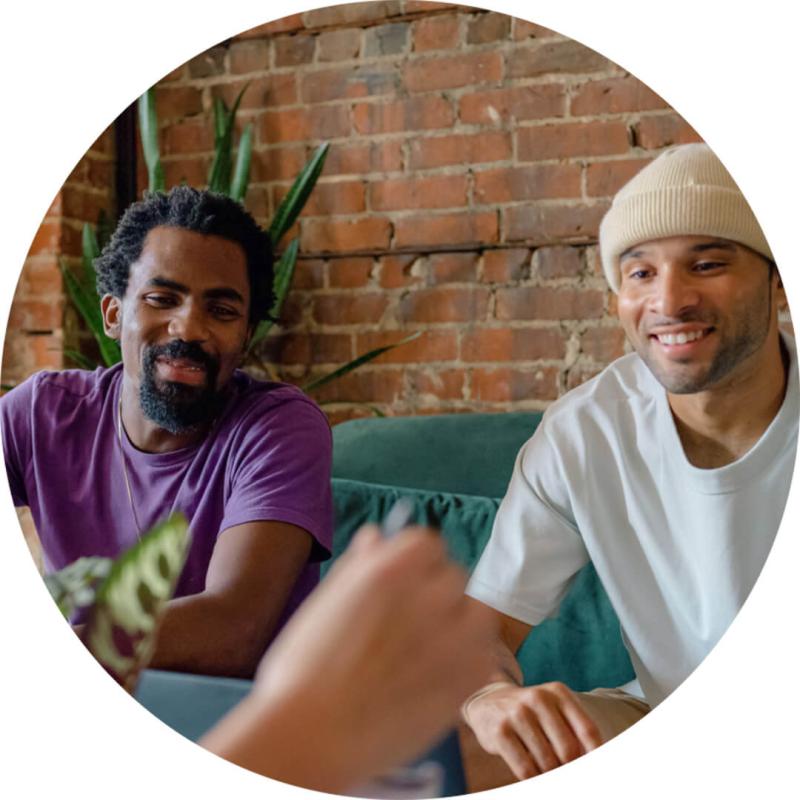
Baabayn
The Baabayn Aboriginal Corporation provides a space for First Nations community members to heal from trauma, reconnect to community and build confidence through social, emotional and wellbeing activities including healing circles, yarns, and after-school activities.
Kai* came to Baabayn to get support with drug and alcohol misuse which he was using to cope with childhood trauma of abuse and homelessness. He was living in a violent home and wanted to break the cycle of AOD misuse and learn to manage his mental health difficulties in healthier ways.
Kai worked together with a psychologist in Baabayn’s Healing Garden to explore how he could achieve his goals. Regular family consultations were also held to make sure Kai was supported on his journey.
Over time, Kai developed a relationship with his estranged father, who invited him to stay with him, so that Kai could access a residential program for drug and alcohol detox and rehabilitation. Kai is currently on track to securing a home of his own and is looking into accounting courses at TAFE.
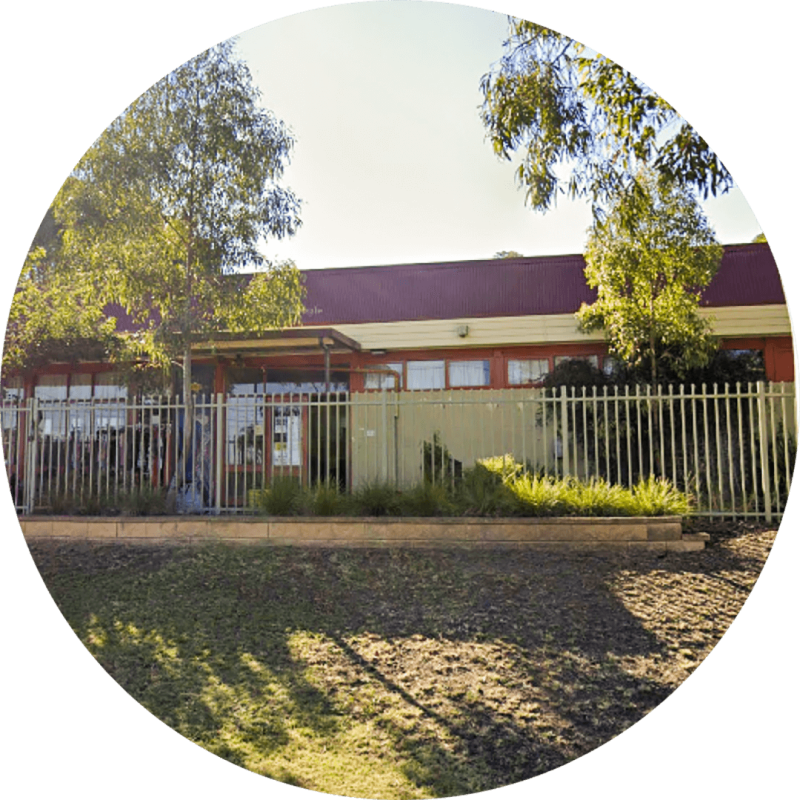
Marrin Weejali Aboriginal Corporation
Marrin Weejali has been running for over 25 years as a proud First Nations-owned and led organisation that supports community members to achieve physical, social and emotional wellbeing.
"We exist to lift Aboriginal People of Western Sydney out of addiction and emotional distress, and into lives that are healthy, dignified and peaceful. We help repair the shattered spirit and give them hope for the future."


The Shed
The Shed in Mount Druitt has been part of the Western Sydney community for almost twenty years, ensuring community members have access to free, culturally-appropriate support. The Shed is set in a welcoming environment where people can share their stories and receive advice on emotional distress, social isolation, housing, financial hardships and legal issues. Their activities include: Free Wednesday Lunches, Men’s Circle and Group Yarning Circle, Cultural Activity Group, Runners and Walkers Group and Bring Your Bills Day.
This year, the Shed provided services to 3,761 community members.
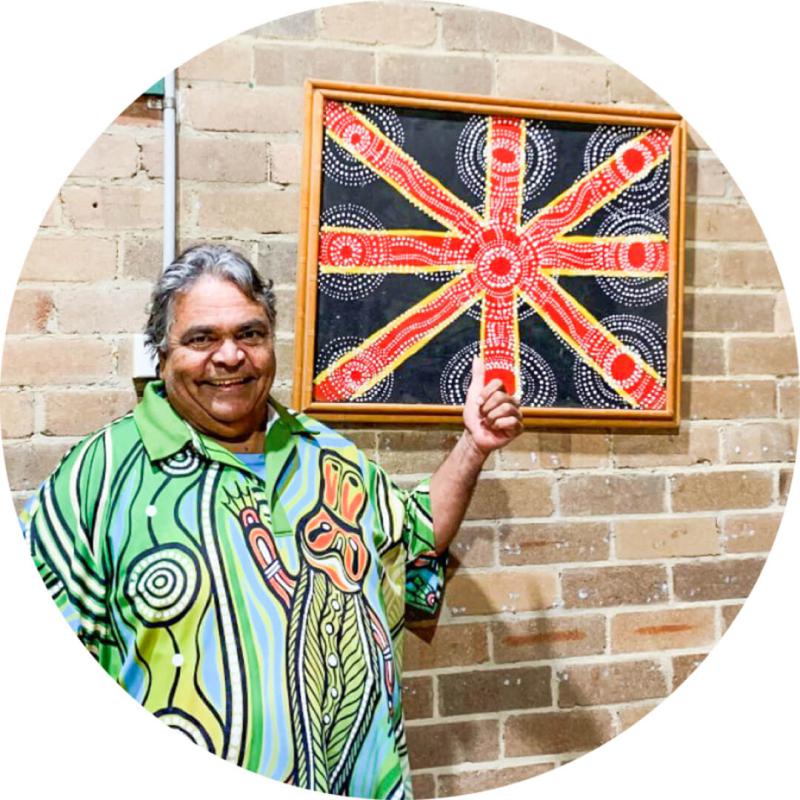
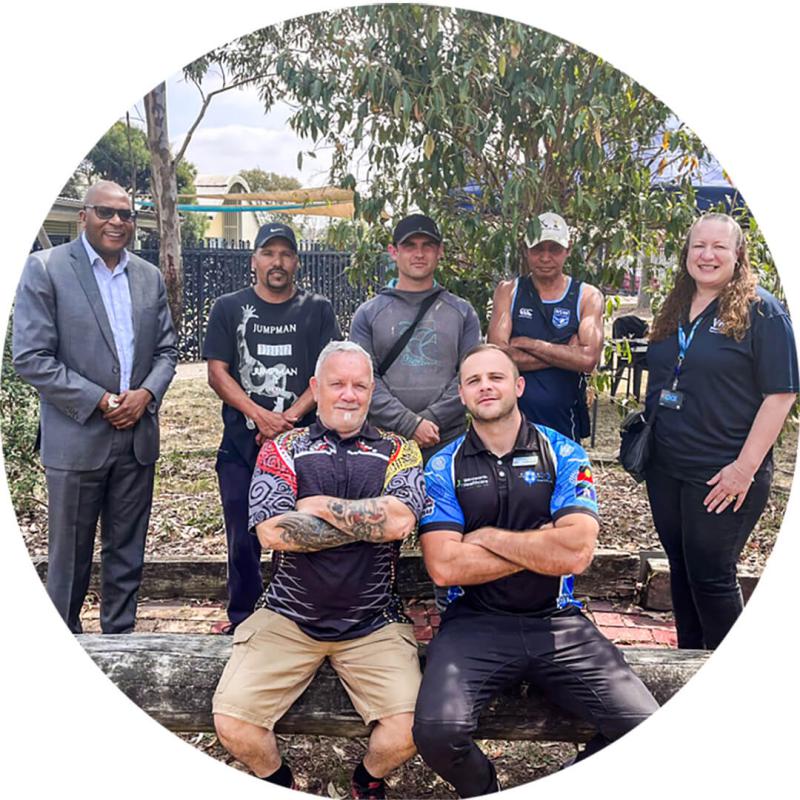
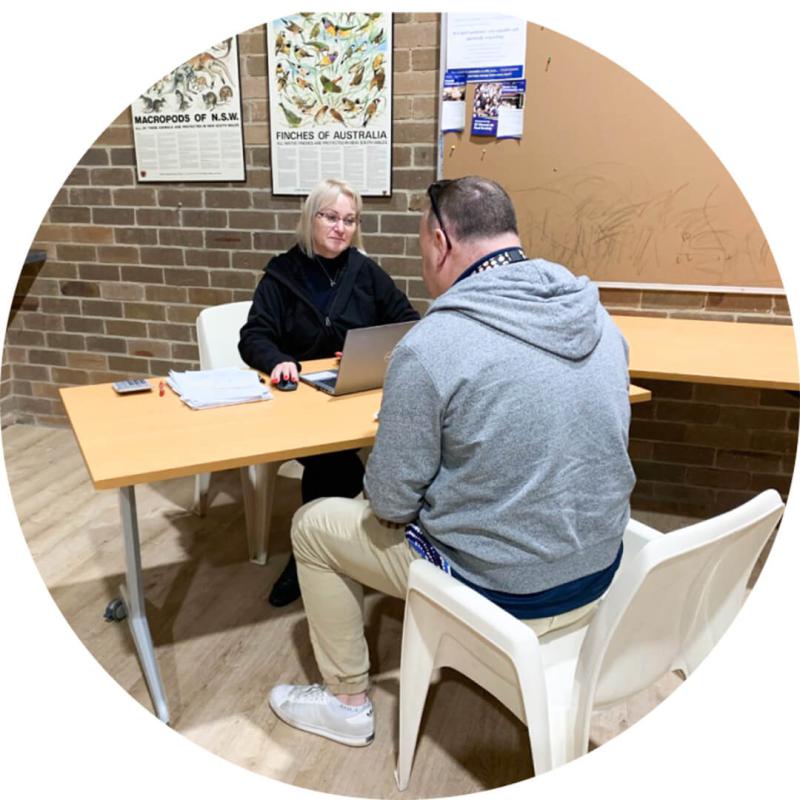
Integrated Team Care
The Integrated Team Care (ITC) Program improves health outcomes for Aboriginal and Torres Strait Islander people with chronic health conditions through access to care coordination, multidisciplinary care and self-management support. It improves access to culturally appropriate, mainstream primary care services, including general practice, allied health and specialists. The program also provides cultural awareness training to medical professionals.
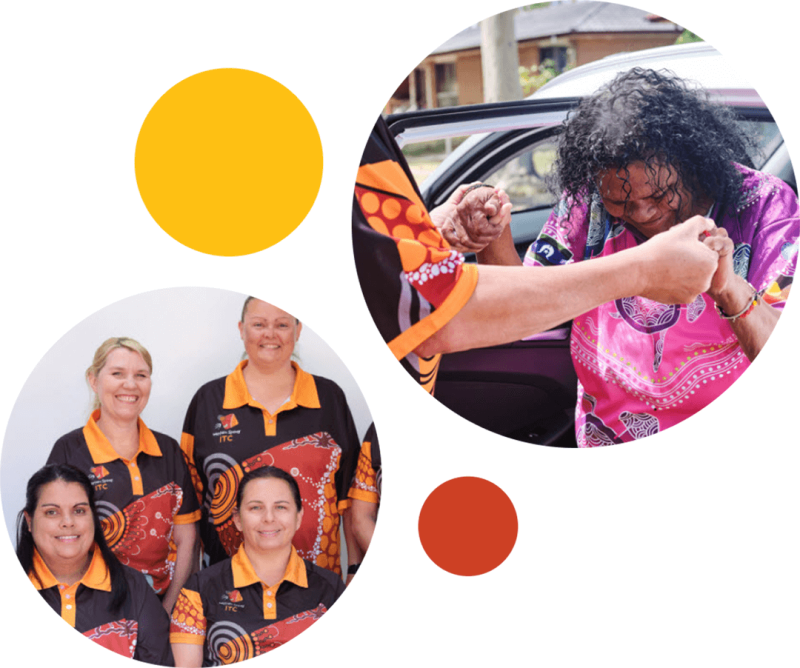
I cannot thank ITC enough. Prior to being on the program, I was having to live with my sister-in-law for 15 months as my house was full of mould and not good for my health… I was advised by my GP to move out as my health would continue to suffer… The ITC program has assisted me with getting a housing transfer. They had the Occupational Therapist come to my house who also agreed I should not be living there and wrote to the Dept of Housing. I am now living in a house that is suitable for my needs.
* Name changed to protect the person's identity.
Reference:
- ^Australian Institute of Health and Welfare (2018), Australian Burden of Disease Study Impact and Causes of Illness and Death in Aboriginal and Torres Strait Islander People, AIHW, DOI:10.25816/xd60-4366